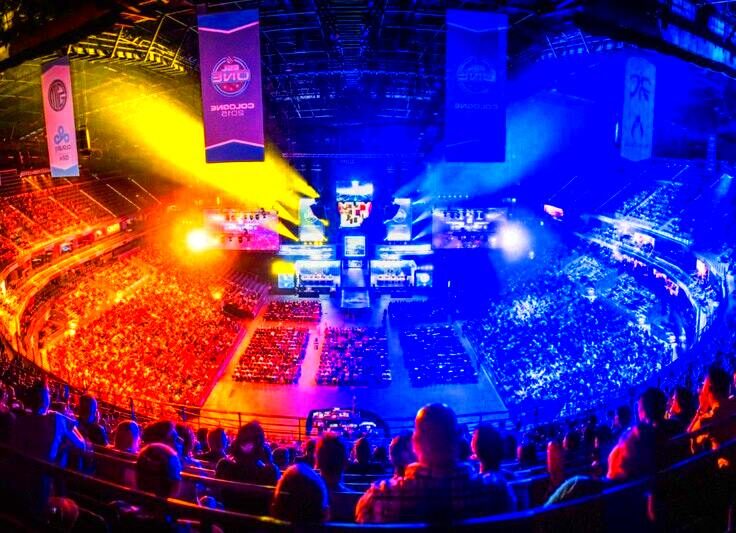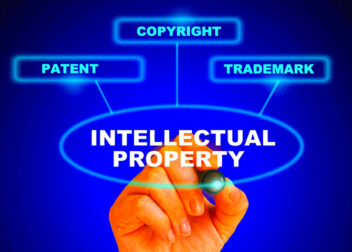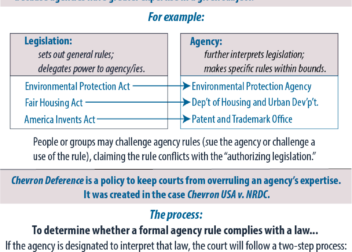Hot Topics in Esports Law Today
The rise of esports has taken the world by storm attracting a global audience of millions. However with this growth come legal challenges that are becoming more complex. When I first ventured into the realm of esports law I was struck by how fast moving and ever changing it is—similar to the gameplay! The legal scene in esports is just as fierce as the competitions themselves, with obstacles and contract discussions. In this article well delve into the issues in esports law today highlighting the trends and challenges that are shaping this thrilling industry.
Regulations Governing Esports Tournaments
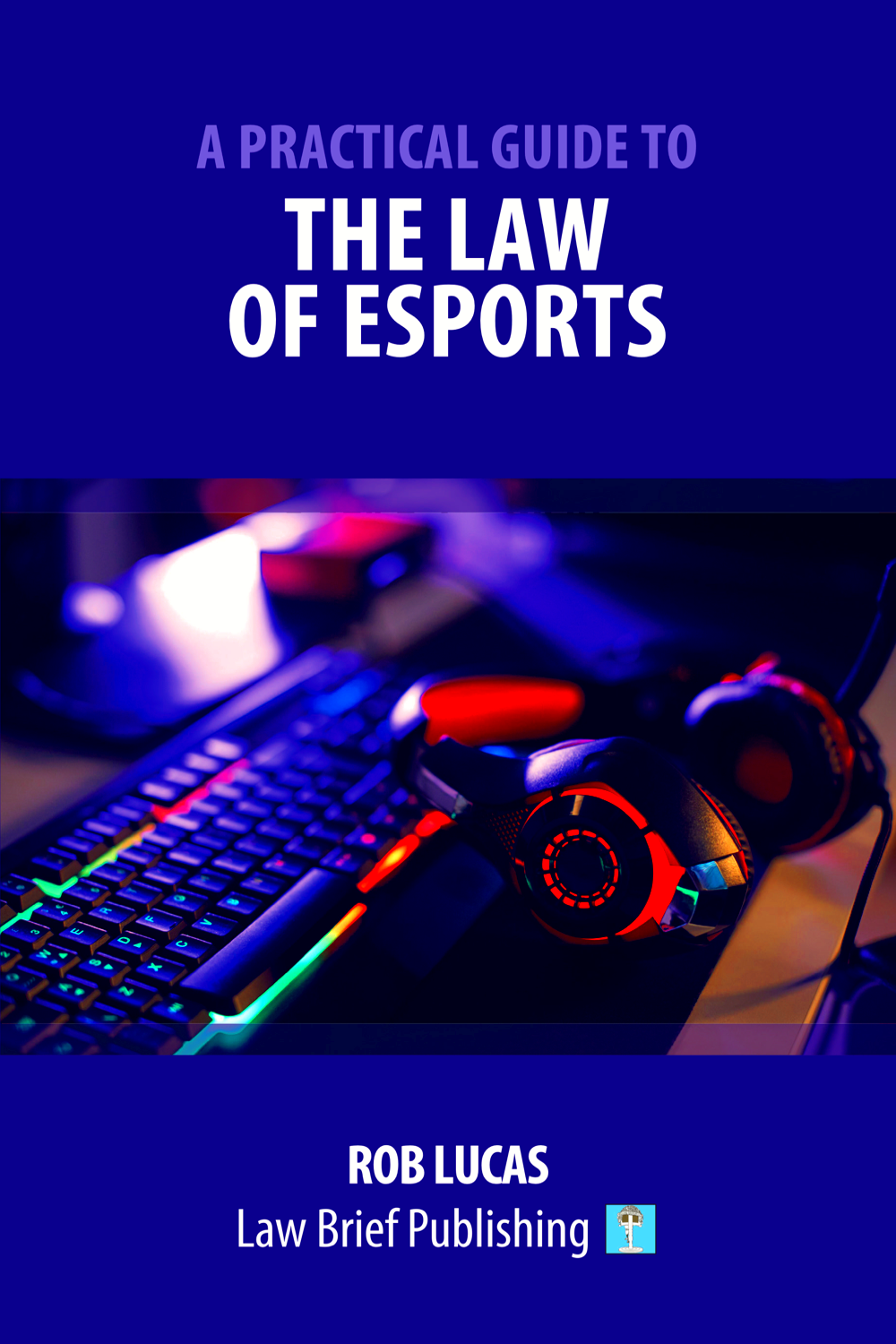
Esports competitions involve more than just displaying skills; they are subject to a complex web of rules. Every tournament ranging from a community gathering to a worldwide showdown follows its own distinct set of regulations often shaped by the location of the event. For instance in the United States bodies such as the Esports Integrity Commission (ESIC) oversee fair conduct and combat cheating while in India the legal landscape is still developing.
The rules can encompass various facets such as
- Event Licensing: Ensuring the tournament organizers have the necessary permits and licenses.
- Player Conduct: Establishing codes of conduct to prevent unethical behavior.
- Prize Distribution: Guidelines on how winnings are distributed and taxed.
Based on my experience dealing with these rules can be just as tough as participating in the competitions. Each area has its unique guidelines and staying updated on them demands ongoing alertness and flexibility. While esports are on the rise these regulations will probably become more uniform in the future. At present though it’s a varied and intricate environment.
Intellectual Property Issues in Esports
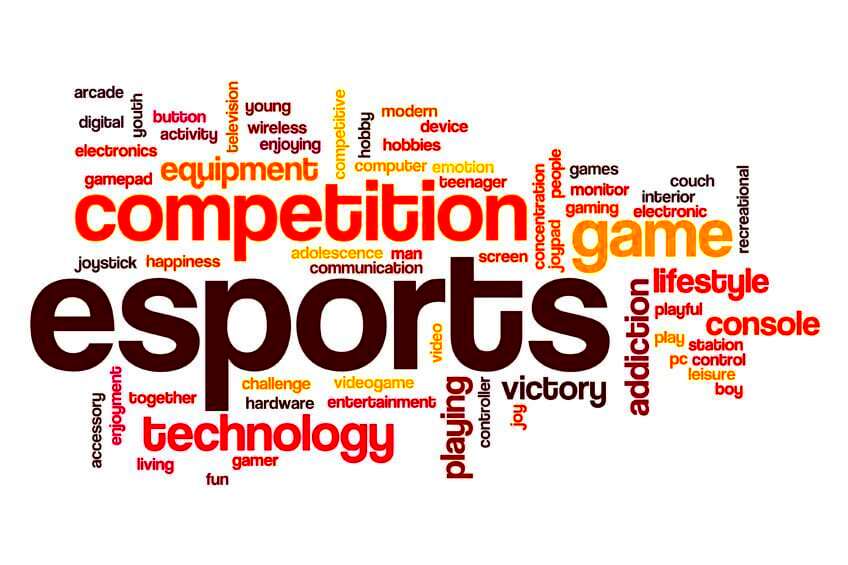
Intellectual property plays a role in the esports industry. Its intriguing to see how elements of games like visuals and distinct characters are safeguarded by IP regulations. While collaborating with gaming firms I witnessed the significance of IP in preserving a competitive advantage. The disputes over IP ownership are fierce and commonly revolve around matters like copyright, trademarks and patent violations.
Key IP issues in esports include:
- Game Copyrights: Protecting the game’s code and content from unauthorized use or distribution.
- Trademark Disputes: Ensuring that team logos, names, and other branding elements are not used without permission.
- Content Creation Rights: Managing the rights associated with creating and sharing content related to the game.
I believe that the current battles over intellectual property rights highlight the significance and impact of esports. Safeguarding IP is essential not, for game creators but also for players and teams who establish their identity and standing in this dynamic field. Moving ahead finding solutions to these challenges will be vital, for the ongoing development and stability of esports.
Player Contracts and Compensation
The world of player contracts in esports is quite an exciting one, reminiscent of intense competitions. When I first explored the details of esports contracts I was amazed by how they combine the intricacies of sports management with the subtleties of digital entertainment. These agreements go beyond just salary; they encompass various elements such as sponsorships and performance rewards.
Here are some key aspects typically included in player agreements:
- Base Salary: The fixed amount players receive for their participation. This varies widely based on the player’s skill and the team’s budget.
- Performance Bonuses: Additional payments based on achievements, like winning tournaments or meeting specific performance metrics.
- Sponsorship Deals: Opportunities for players to earn extra income through endorsements and promotional activities.
- Contract Duration: The length of time the player is bound to the team, which can affect their market value and career trajectory.
- Exit Clauses: Terms outlining conditions under which either party can terminate the contract prematurely.
From what I’ve seen negotiating contracts can be quite a tricky process. It’s important for players to grasp the details of every clause and safeguard their rights while teams have to juggle their budget limitations with the aim of bringing in top talent. Both parties should enter these discussions, with a solid awareness of the games swift and ever changing dynamics.
Gambling and Match-Fixing Concerns
The overlap between gambling and esports has sparked discussions, particularly regarding issues like match fixing and betting controversies that complicate the landscape. Through my own experiences in this realm I’ve witnessed how gambling can occasionally tarnish the perceived fairness of the game.
Key issues include:
- Match-Fixing: Instances where players or teams intentionally lose matches to influence betting outcomes. This undermines the fairness of competitions.
- Regulations and Enforcement: Measures in place to combat match-fixing, such as monitoring systems and strict penalties for offenders.
- Gambling Addiction: The potential for players and fans to develop unhealthy gambling habits, which can impact their well-being and finances.
The laws regarding gambling in esports are still being developed. Its important for all parties involved, including players, teams and regulators to collaborate in order to keep the excitement of the game free from unfair practices. With any luck the future will bring clearer rules and stronger safeguards to protect the integrity of esports.
Data Privacy and Security in Esports
In the realm of esports safeguarding data privacy and security goes beyond mere technicalities. Its crucial for maintaining the trust of players and fans alike. Looking back on my encounters with security I’ve witnessed firsthand how breaches can endanger sensitive information and impact the overall gaming experience.
Here’s why safeguarding data privacy in the world of esports is crucial.
- Player Data: Personal information, performance statistics, and other sensitive data need robust protection to prevent misuse or leaks.
- Security Protocols: Implementing measures like encryption and secure servers to protect against unauthorized access and cyber attacks.
- Compliance with Regulations: Adhering to data protection laws, such as the GDPR in Europe or similar regulations in other regions, is essential for maintaining trust and legal compliance.
I believe that upholding data privacy is crucial, just like the games themselves. Its about fostering a protected setting where players and enthusiasts can relish the game without concerns about their personal data being at risk. With the evolution of esports investing in strong security protocols will play a vital role, in securing its future prosperity.
International Legal Challenges in Esports
Esports has become a worldwide sensation but with its global presence come numerous legal hurdles. Its fascinating to see how the same game can be viewed differently in terms of legality based on its location. The international aspect of esports means that teams, players and organizations have to maneuver through a tangled system of rules, across different regions.
Several notable obstacles in the realm of international law encompass
- Jurisdictional Issues: Different countries have varying laws regarding gambling, intellectual property, and player contracts. For example, what’s legal in one country might be restricted in another.
- Enforcement Difficulties: Ensuring compliance with regulations across borders can be challenging. International disputes may require cooperation between multiple legal systems, which isn’t always straightforward.
- Uniform Standards: There is a lack of global standardization in esports regulations. This inconsistency can create confusion and complicate international tournaments and player movements.
In my view tackling these issues calls for a teamwork. Its important for organizations to join forces and establish standards and frameworks that can be used universally. The future of esports could bring about a alignment of laws making things less complicated and enabling smoother global operations.
Future Trends in Esports Law
As we move forward the world of esports law is set to undergo a transformation. After observing the swift growth of the sector I am eager to see the potential shifts coming our way. These developments will probably influence the way esports function and are governed moving forward.
Here are a few important trends to watch out for in the realm of esports law.
- Increased Regulation: As esports continue to grow, expect more comprehensive regulations to be put in place, covering everything from player rights to tournament standards.
- Advancements in Technology: Emerging technologies like blockchain might play a role in addressing issues such as transparency in player contracts and security in transactions.
- Focus on Player Welfare: There will likely be a greater emphasis on protecting players’ mental and physical health, with regulations designed to prevent burnout and ensure fair treatment.
- Global Harmonization: Efforts to standardize regulations across borders could make international competitions more straightforward and reduce legal complexities.
I believe that these developments show how the esports sector is growing up. With its increasing establishment the rules and regulations surrounding it will adapt to tackle new challenges and seize opportunities. For those engaged in esports it’s an exhilarating period ahead with numerous changes in store.
Frequently Asked Questions
With the evolution of esports law, players, teams and fans often find themselves pondering various issues. Drawing from my insights, here are a few frequently asked questions along with their responses.
- What are the most common legal issues in esports? Common issues include contract disputes, intellectual property rights, and concerns related to gambling and match-fixing.
- How can players protect their rights in esports contracts? Players should thoroughly review contracts, seek legal advice, and ensure that their rights and compensation are clearly outlined.
- What measures are in place to prevent match-fixing? Organizations use monitoring systems, enforce strict codes of conduct, and collaborate with betting regulators to prevent match-fixing.
- How is data privacy handled in esports? Data privacy is managed through secure storage solutions, encryption, and compliance with relevant data protection laws.
- What are the challenges of international esports tournaments? Challenges include varying regulations across countries, enforcement difficulties, and the need for consistent standards.
These frequently asked questions shed light on the aspects of esports law and provide insight into how various stakeholders are tackling these challenges. With the industry progressing new inquiries will emerge making it essential to remain updated and flexible in order to navigate the legal terrain successfully.
Conclusion
As we conclude our journey through the intriguing aspects of esports law it’s evident that this area is just as vibrant and swift moving as the games it encompasses. Dealing with player contracts and tackling global legal issues the world of esports law is constantly changing. My encounters in this realm have revealed that although the obstacles can be considerable they also offer avenues for progress and creativity.
The upcoming landscape of esports law is set to introduce trends and advancements. Staying updated on these changes will be essential for anyone connected to the industry. Adopting an approach towards these shifts will contribute to maintaining a dynamic, equitable and safe environment in the esports realm for all participants. Whether you’re a player, team manager or simply an enthusiastic supporter grasping these legal nuances will enrich your enjoyment of the game and assist you in maneuvering through its intricacies.
